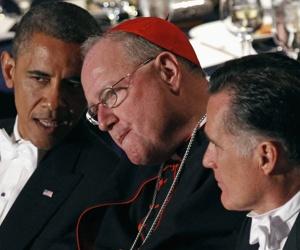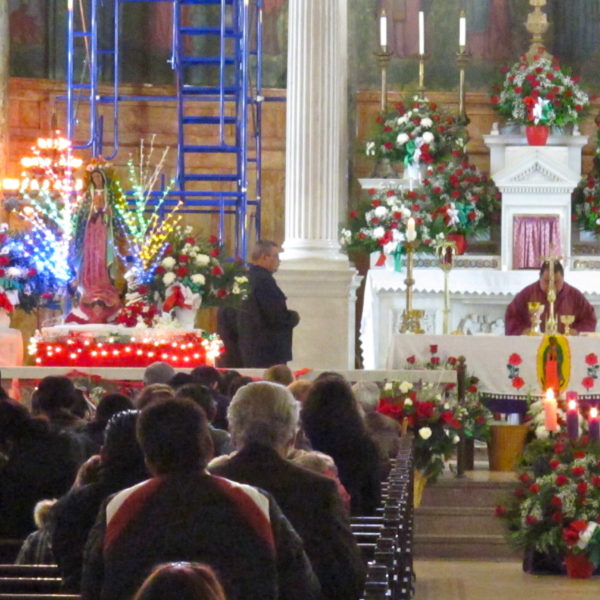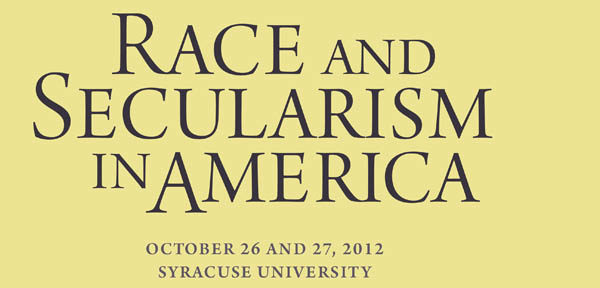If it is at all possible, a Muslim hopes to live in a society where Islamic norms, morality and etiquette flourish, and where they cannot be publicly violated. Similarly, if it is at all possible, provided that he does not perpetuate further harm, every Muslim should command the right and forbid the wrong.
The recent interest shown in religion and, specifically, Christianity, by otherwise non-religious thinkers has been something of a boon for theologians and the like-minded. Even when such non-Christian appropriations of theology offer a presentation of Christianity radically different from received orthodoxy, the very fact that the effort has been made is often taken as a signal of the continuing preeminence of a largely traditional Christian thought and practice. As Paul J. Griffiths has suggested, such thinkers, left without any other viable critical options, are “yearning for [the] Christian intellectual gold” that the church has always held in reserve. Because of this, their services can easily be enlisted for theology, since, as John Milbank has often suggested, it is theology alone that offers any real alternative.
Such readings of this so-called post-secular “turn to religion,” however, tend to move too quickly to theology, and this is especially the case with Agamben. Although some may wonder if Agamben’s putative appreciation of theology means that he is in fact a Christian, his various forays into theology—notably, The Time that Remains and, more recently, The Kingdom and the Glory—present, I suggest, a much different picture. Specifically, among other things Agamben’s reading of the theological tradition represents a concerted effort to profane that tradition, to render it inoperative for a new use, a use that I characterize as non-non-theological or non-non-Christian….

The Catholic Church in the United States is in decline because its public theology, on both the left and the right, is primarily focused on gaining influence over the state. As theologian Michael Baxter has argued, the church’s first priority should be on living as a community of faith and serving as a public witness.
Under the pretense of talking about pirate theology, Peter Rollins, Kester Brewer and Barry Taylor gathered to discuss “radical theology” at Fuller this month. Rollins, in particular, analyzed the intersection between psychoanalysis and theology, arguing that Christians need to experience doubt like Jesus on the cross, asking God, the father, “My God, my God, why have you forsaken me?” After much contrived discussion, the panelists concluded that radical theology will lead to the death of Christianity as a religion in order that a new manifestation of Jesus-following might emerge. While I sympathize with Rollins and co.’s intentions, I am not certain how radical theology’s psychoanalytic approach relates to non-western contexts. Moreover, their assessment of radical theology’s (read: Emergent Church) role in church history falls victim to the same dialectical trap that Rollins critiques in his work…

The original unifying function of liturgy becomes lost if we begin to dehistoricize liturgy by shopping among the traditions. Like consumerist postmodern culture, the Emergent Church shops among traditions for forms of spirituality that are useful and pleasurable and incorporates them into general western, melange of religious items….

The state is in crisis in an increasingly globalized world. Christians are called to a post-Constantinian engagement with the political order, embodying an incarnational practice that engages with the local context of believers and an eschatological vision focused on the full flourishing of all humanity and all of creation.

There is a sense when one steps into the produce section at the Whole Foods that one has entered a sacred space. The delicate ambiance created by the well-tuned lights and the gentle purr of background music cloaks the organic kale in an almost mystical aurora. Like a church service, Whole Food’s shoppers dress for the experience, donning bright shades of Yoga pants, organic slippers made with bamboo reeds, or any locally-made organic cotton tee—in a concerted effort to show the completeness of their healthy and ecologically-sensitive lifestyle. Moreover, when they reach the checkout line and fork over what for many normal folks amounts to a whole paycheck, the acolytes gently absorb this small sacrifice as doing their part for the environment and their bodies….
